(850) 201-6200
TTY: (850) 201-8429
This publication is available in alternate format upon request.
Tallahassee Community College
444 Appleyard Drive
Tallahassee, FL 32304
Nondiscrimination Policy: Tallahassee Community College does not discriminate against any person on the basis of race, color, ethnicity, genetic information, national origin, religion, gender, marital status, disability or age in its programs and activities. Inquiries regarding the nondiscrimination policies may be directed to:
Renae Tolson, Equity Officer
Room 146 Administration Building
444 Appleyard Drive
Tallahassee, FL 32304-2895
(850) 201-8510
Tolsonr@tcc.fl.edu
Drug-free Campus: It is the policy of TCC to maintain a drug-free campus. Smoking is permitted in designated areas only. The unlawful manufacture, distribution, dispensation, possession or use of controlled substances is prohibited. Any violation of this policy will result in discipline up to and including dismissal, as well as referral for prosecution to local law enforcement officials. For information, refer to the Student Code of Conduct in the Student Handbook.
Smoking Policy: All buildings and grounds are nonsmoking unless indicated otherwise. Smoking is permitted in all parking lots.
Police/Campus Safety: TCC’s Campus Police Department is located in the Centre Building. Students can find campus crime statistics on the TCC Web site at tcc.fl.edu.
Message from the President
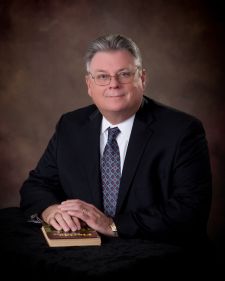 Welcome to Tallahassee Community College. You have made a great choice for your education and for your future! Welcome to Tallahassee Community College. You have made a great choice for your education and for your future!
If you are enrolled in our Associate in Arts degree/university transfer program, you will be well-prepared to continue your education at a four-year institution. TCC offers you a unique combination of faculty expertise, rigorous coursework, superior facilities and a complete system of support.
If you have chosen one of our career certificate or Associate in Science degree programs, you will be guided by faculty who are experts in their field. We constantly update our career programs to stay current with industry standards and to help our students be successful when they enter the job market.
TCC’s faculty members are focused on teaching and dedicated to student success. The Learning Commons, library and academic computing labs also provide extraordinary resources. Student success specialists are stationed in the Advising Center on the second floor of the Student Union to give you easy access to advising services. The Career Center can help you identify your professional goals and connect with internships and other career-building opportunities.
I encourage you to take advantage of all these resources–and to create your own opportunities by participating fully in campus and community life. Our academic teams, arts organizations, clubs, athletic and recreation programs, student government activities, and special events offer many avenues for you to develop skills that you will use long after graduation.
Whether you are taking your first class at TCC or nearing graduation, our highest priority is helping you be successful, complete college and reach your goals. Thank you for making TCC your college of choice.
Sincerely,

District Board of Trustees
The District Board of Trustees is the policymaking body for Tallahassee Community College. Trustees are appointed by the Governor and confirmed by the Florida Senate.
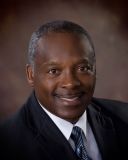 |
Eugene Lamb, Jr., Chair – Mr. Lamb was appointed to the board in 2007 by Governor Charlie Crist. He was a teacher in the Leon County school district for 30 years. Also active in neighboring Gadsden County, Lamb has served on the Gadsden County Commission since 2004. Lamb represents Gadsden County.
|
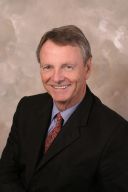 |
Frank Messersmith, Vice-chair – Mr. Messersmith was appointed to the board by Governor Jeb Bush in 1999; he was reappointed by Governor Charlie Crist in 2007. A former legislator and member of the Florida Public Service Commission, Messersmith is currently a consultant specializing in legislative and regulatory matters. |
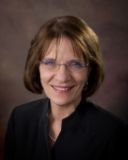
|
Donna G. Callaway – Ms. Callaway, appointed by Governor Rick Scott in February 2012, also served on the board from 1999 to 2004. She was first appointed in 1999 and reappointed in 2002, both times by Governor Jeb Bush. Her prior service included a term as board chair in 2003-04. Callaway was the principal of Tallahassee’s Raa Middle School from 1994 to 2004 and from 2008 to 2013. An educator since 1961, she has served as a classroom teacher, media specialist and assistant principal. She also served four years (2004-08) on the Florida State Board of Education. Callaway represents Leon County. |
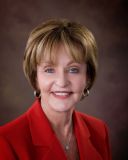 |
Dana G. Callen – Dr. Callen was appointed by Governor Charlie Crist in 2009. She is a principal with Callen Consulting. Callen was previously a school administrator for Leon County Schools and has taught at St. Mary’s University, Florida State University and Tallahassee Community College. She holds certification in Family and County Court Mediation from the Florida Supreme Court and was selected for Harvard University’s Writing, Reading and Civic Education Institute. She earned a Ph.D. from Florida State University and also holds three master’s degrees. Callen represents Leon County.
|

|
Allison DeFoor – Dr. DeFoor was appointed to the board in 2009 by Governor Charlie Crist. DeFoor is a principal in the Fiorentino Group. DeFoor began his academic career at a community college, he went on to become a lecturer at several universities. As a public servant, DeFoor did significant work in public policy on Everglades restoration. He is now involved in the faith-based prison/penal reform movement. DeFoor represents Wakulla County.
|
 |
Karen B. Moore – Ms. Moore was appointed to the board in 2007 by Governor Charlie Crist and reappointed in 2012 by Governor Scott. She is the president of Moore Consulting Group, a public relations and advertising firm. Moore previously served as president of the TCC Foundation Board, chairing the College’s first capital campaign, which secured $10 million. She has also chaired the Economic Development Council of Tallahassee/Leon County. Moore represents Leon County. |
Mission
The mission of the College is to provide a learning environment that prepares students for success in a global economy by offering higher education pathways, workforce opportunities and civic engagement experiences.
Vision
To be recognized as the college of choice.
Goals
- Student Access. Provide accessible programs, services and experiences that increase the opportunity for students to define and reach their educational and career goals.
- Student Success. Deliver quality academic programs and learning support services with the appropriate environment and resources for learning.
- Demand-driven Programs. Align programs to meet academic and workforce needs.
- Technology. Provide appropriate technology and services to facilitate teaching and learning as well as institutional effectiveness and efficiency.
- Enrollment. Develop and implement a strategic enrollment management process designed to increase student and institutional success.
- Communications/Marketing. Develop and implement an institution-wide and data-driven strategic communications/marketing plan.
- Talent. Hire, develop and retain the best talent for the present and future needs and diversity of the College.
- Stewardship. Provide effective stewardship to enhance new and existing revenues and resources that promote growth and increase cost effectiveness.
- Partnerships. Cultivate relationships with community, state and national partners that strengthen our region’s cultural enrichment efforts and economic/workforce competitiveness.
History of the College
Tallahassee Community College opened in 1966 to serve the post-high school educational needs of students from a district comprised of Gadsden, Leon and Wakulla counties. Although most students still come from this district, the College enrolls students from throughout Florida, from most states and many foreign countries. TCC has grown from an enrollment of 698 students in Fall 1966 to nearly 15,000 students in 2013.
1966-1975
An article published on September 13, 1966, in The Tampa Tribune, proclaimed, “New Tallahassee JC a success before it opens.” A few days later, at Godby High School and across town at Rickards High School, Tallahassee Junior College welcomed nearly 700 students its first year. Three new buildings were ready for occupancy on Appleyard Drive in time for the second year of operation. In 1968, the Legislature established the District Board of Trustees as the governing authority for the College; Tallahassee businessman Earl Lambert served three terms as the first board chairman. Tallahassee Junior College became Tallahassee Community College (TCC) in 1970 and one- and two-year occupational programs, including nursing, were added to the curriculum. The 1,000th person graduated. Dental hygiene was added and College enrollment approached 3,000.
1976-1985
During the second decade, enrollment steadily grew to more than 5,000. President Fred W. Turner retired and Dr. Marm M. Harris was named TCC’s second president. An artist series began to attract community leaders to the campus, enhancing the town/gown relationship. The TCC Foundation was established and the Lifetime Sports Complex opened. In 1983, Dr. James H. Hinson Jr. became TCC’s third president and led the College through a period of enrollment growth and legislative appropriations. Also in 1983, TCC students won the Math Olympics state title, beginning a tradition of student success in academic competition. A study reported TCC had a $47.2 million positive economic impact in the community.
1986-1995
As the fastest growing community college in Florida, TCC saw its enrollment jump by nearly 1,000 students in the first term of the third decade. By the end of the decade, enrollment had doubled. In 1988, TCC was first among Florida community colleges in the proportion of faculty members holding a Ph.D. “Eyrie,” the student literary magazine, was named best in the nation, and the student newspaper won state, regional and national accolades. An athletic program was re-established with a strong base in academics. A new library and administration building were added. The campus grew from 54 acres to more than 140. President Hinson led the College through a decade that also saw extensive renovation and campus infrastructure upgrades. TCC’s softball team won the National Junior College Athletic Association slow pitch championship in 1994.
1996-2005
With its fourth president, Dr. T.K. Wetherell, at the helm, numerous new career programs were added in the fourth decade, and cooperation with universities was enhanced. In 2000, TCC formed its first university partnership with Flagler College and has since partnered with Embry-Riddle Aeronautical University (2001), Barry University (2003), Saint Leo University (2006) and Thomas University (2010). As a result, students can pursue bachelor’s and graduate degrees without leaving TCC’s campus.
The College’s infrastructure continued to grow by leaps and bounds. In the mid-1990s, a new Student Union was constructed, as was the Technology and Professional Programs building, while a renovated facility became the Academic Computing Center. After the turn of the century, TCC opened the History and Social Sciences building (named for President Wetherell), the Computer Technology building and the Center for Workforce Development.
The TCC Alumni Association and Eagle Athletics Hall of Fame were established. The Challenge Scholarship Program and many other scholarships were established. Florida Governor Jeb Bush was the 2000 commencement speaker. The Brain Bowl team won its first state title. TCC acquired the Pat Thomas Law Enforcement Academy (PTLEA).
Dr. Bill Law became TCC’s fifth President in 2002 and began launching new initiatives that resulted in greater community involvement for TCC.
2006-present
TCC celebrated its 40th anniversary in 2006, highlighted by a series of community and alumni events, including the TCC Alumni Hall of Fame ceremony, Community Day at TCC and the 40th Anniversary Gala. That same year, TCC successfully completed its first capital campaign. The $10 million campaign included the largest private donation in the College’s history, a $2 million gift from Tallahassee’s Ghazvini family. Under President Bill Law’s leadership, TCC expanded its healthcare programs and placed a major emphasis on workforce development. Innovative teaching methods began to draw national recognition for faculty.
The William D. Law, Jr. Learning Commons opened in 2008, bringing all of the College’s academic support facilities together beneath one roof. In 2009, the TCC District Board of Trustees approved creation of the Florida Public Safety Institute (FPSI) to be the umbrella entity for the Pat Thomas Law Enforcement Academy and several other training academies housed on the site in Gadsden County. A new FPSI conference center opened in 2009. That same year, TCC broke ground on the Ghazvini Center for Healthcare Education. Reflecting its active commitment to student success, the College implemented electronic learning plans that allow students to monitor their progress toward their academic and career goals. The Advanced Manufacturing Training Center (AMTC), funded through a Department of Defense grant, opened on the main campus in August of 2010. The AMTC offers customized, high-quality manufacturing training in a state-of-the-art facility.
The presidency of Dr. Jim Murdaugh was launched on November 15, 2010. Murdaugh began his tenure as the College was increasing its focus on healthcare training programs and other workforce initiatives, while continuing to enhance the academic and support services provided to students in the university transfer program. In early 2011, TCC opened a veterans center on the second floor of the Student Union. In the fall of the same year, TCC’s Ghazvini Center for Healthcare Education opened near Tallahassee’s two major hospitals. In 2012, the TCC Wakulla Center moved to a larger facility in Crawfordville, and the College broke ground on its new Wakulla Environmental Institute in 2013.
TCC’s Commitment
TCC welcomes recent high school graduates and adults who wish to start or continue a college education. In addition, the College welcomes individuals who want to take courses for their enrichment or enjoyment. The policy of TCC’s District Board of Trustees is that no person shall, on the basis of race, color, ethnicity, genetic information, national origin, sex, disability or age, be excluded from participation in, be denied the benefits of, or be subjected to discrimination or harassment under any educational program or activity, or in any employment conditions or practices of the College.
Many TCC students are working toward the Associate in Arts degree for transfer to a four-year college or university. Many others seek one-year certificates or two-year degrees in career areas. TCC also provides noncredit courses designed to enhance the skills necessary to maintain current employment or to re-train for a new occupation.
The faculty at TCC is best described as a teaching faculty. Faculty members are able to devote most of their time to teaching, to working with students individually and to helping students make the adjustment to college. Teachers impart knowledge to stimulate critical thinking, develop skills, and broaden and enrich student interest. Their major efforts are directed toward helping students master subject matter and reach their potential.
TCC uses a variety of educational delivery methods. Courses may be taught in the traditional campus classroom setting or at off-campus sites. Many courses are available through distance learning, including Web-based courses, hybrid courses and self-paced instruction. The College also offers a full schedule of evening courses, making it more convenient for nontraditional students, to pursue their academic and career goals.
The College is committed to making all its programs, services and facilities accessible to and usable by persons with disabilities in order for students to successfully transition to college and obtain maximum benefit from the educational experience.
Accreditation
Tallahassee Community College is accredited by the Southern Association of Colleges and Schools Commission on Colleges to award the associate degree. Contact the Commission on Colleges at 1866 Southern Lane, Decatur, Georgia 30033-4097 or call (404) 679-4500 for questions about the accreditation of Tallahassee Community College.
Normal inquiries about the institution, such as admission requirements, financial aid, educational programs, etc., should be addressed directly to Tallahassee Community College and not to the Commission’s office. The Commission is to be contacted only if there is evidence that appears to support an institution’s significant noncompliance with a requirement or standard.
Several healthcare programs are examined and accredited by specialized accrediting associations:
- Dental Hygiene and Dental Assisting: American Dental Association Commission on Dental Accreditation
- Nursing: In 2013 received full national accreditation from the Accreditation Commission for Education in Nursing, formerly the National League for Nursing Accrediting Commission
- Paramedic: Commission on Accreditation of Allied Health Education Programs upon the recommendation of the Committee on Accreditation of Educational Programs for the Emergency Medical Services Professions
- Respiratory Care: Committee on Accreditation for Respiratory Care
TCC Foundation
The TCC Foundation is the private fundraising arm of the College. A not-for-profit corporation created under Florida law, it is governed by a board of directors made up of community leaders. The Foundation is dedicated to supporting the needs of the College not met by state funding. Its mission is to encourage and receive private gifts and contributions and to account for, manage and help invest monies and assets given to enhance the College’s educational offerings. The Foundation’s investment program seeks to maximize return on investments with minimal risk.
The Foundation consistently provides essential support that allows campus life to flourish. This includes the development of scholarships for students; procurement of needed facilities and special equipment; assistance for faculty and staff; and support for student activities, the Alumni Association, the TCC Eagle Boosters and the Association of Retired Faculty and Staff.
Alumni Association
The TCC Alumni Association serves as the liaison between Tallahassee Community College and its alumni to promote support for TCC and excellence in education. Members are goodwill ambassadors who promote the general welfare and vision of the College, while communicating the excellence of TCC to the community.
The Alumni Association welcomes graduates and friends of the College to its membership. Governed by a board of directors comprised of dedicated alumni, the Association sponsors the Alumni Brick Circle of Remembrance, the Alumni Hall of Fame, the Alumni Scholarship for returning students, and a newsletter for graduates and friends. The Association also supports events that bring alumni together, along with initiatives such as TCC’s African-American History Month Calendar and Women’s History Month ceremony.
The Alumni Association maintains visibility with currently enrolled students by having a student representative on its board of directors, providing scholarships, sponsoring a booth at student orientation and providing complimentary memberships to first-year alumni.
Division of Workforce Development
TCC’s Division of Workforce Development offers customized courses and services to enhance employees’ careers, programs to improve business effectiveness and support for returning adult learners. Targeted workforce training is offered in fields such as business, information technology, manufacturing, construction and trades. To refine professional skills needed for in-demand jobs at local businesses, training is offered in areas such as leadership, teamwork and supervision. Workforce Development adapts to the evolving needs of the community, customizes offerings based on solid research and produces programs that positively impact north Florida’s economy.
The Division of Workforce Development offers programs at the main campus and at other TCC locations. For information about courses, programs and facilities, call (850) 201-8760 or visit workforcetcc.fl.edu.
Adult Education (GED and ESOL)
TCC Adult Education delivers General Educational Development (GED) preparation and testing, English language instruction, and career counseling to facilitate transition into postsecondary education, technical programs and the workforce. TCC offers courses in Adult Basic Education (ABE), GED preparation and English for Speakers of Other Languages (ESOL). The Career Pathways initiative is a component of all adult education courses. Its curriculum connects adult education programs, work and postsecondary education. These are innovative and challenging programs that encourage students’ love of learning and promote personal growth and satisfaction. TCC Adult Education embraces these core values: compassion,acceptance, responsibility and encouragement (CARE). When students complete their courses of study, they are able to participate in TCC’s Adult Education graduation.
Capitol Center Events and Business Suite Leasing
Located at 300 West Pensacola Street, in the heart of Florida’s capital city, the TCC Capitol Center is well-suited to host a wide assortment of events and programs. Its meeting facilities, exhibit space, training rooms and business suites are sure to meet the needs of any organization.
Business Suite Leasing
For organizations that wish to conduct business in downtown Tallahassee, leasing a business suite is the smart choice. Each suite includes:
- Computer
- Phone
- Access to conference facilities with video-conferencing capability
- Access to a receptionist
- Covered parking
Conference & Event Space
From board to banquet rooms, meeting spaces to training facilities, the center offers a variety of venues and customized setups for business and community events. The professional staff will assist clients in planning successful events.
Construction and Skilled Trades
TCC offers a wide array of entry-level construction and craft trades programs including HVAC, Carpentry, Electrical, Plumbing, Masonry Apprenticeship and OSHA Safety. The College uses the National Center for Construction Education and Research (NCCER) curriculum as the foundation of its programs in order to award industry-recognized training certifications. Additionally, as an affiliated training partner with the University of South Florida – OSHA Training Institute, TCC is an authorized provider of the OSHA 1926 Safety course.
Corporate Solutions
Corporate Solutions provides services to help organizations perform at optimum levels. TCC’s staff and consultants assist public agencies and private companies in hiring and promoting the right people through prehire employee assessment, identifying any performance gaps, and developing strategic, cost-effective solutions to close those gaps. Corporate Solutions provides customer and employee surveys and, when training is the desired solution, customized training tailored to the organization. Corporate Solutions’ systemic approach, which focuses on employee, process and organizational performance, improves employee retention, employee and customer satisfaction, productivity, and the bottom line. Call (850) 201-8768 for information and let TCC ignite your business performance.
Green Technologies
Green jobs are a new and important frontier for the United States, and TCC is proud to be a leader in preparing students for careers in emerging industries. TCC’s online and classroom-based green courses can accommodate a variety of learning needs, from construction professionals responding to the expanding market for renewable energy to those just entering the field.
TCC’s Florida Green Academy is dedicated to existing and emerging green occupations and industries, such as energy, construction and transportation. Areas of training include:
- Alternative energy, including solar thermal hot water and photovoltaic
- Energy efficiency in buildings, construction and weatherization
- Environmental management
- Sustainability practices
- Water management, including on-site waste water treatment and storm water management
Information Technology
Technology skills are critical to workforce success. The Information Technology programs provide opportunities for individuals to improve their technology skills and earn industry certifications. Managers and professionals can choose the learning track most appropriate for their needs: short-term workshops, traditional courses to enhance skills, or courses leading to industry-recognized certifications that include offerings in:
- Microsoft Word, Excel, PowerPoint, Access and Outlook
- Adobe Photoshop, Dreamweaver, Flash, InDesign and Illustrator
- ASP Programming
- Cyber Security
Manufacturing and Industrial Technology
The Advanced Manufacturing Training Center (AMTC) provides manufacturing and industrial technology skills training. Hands-on training programs give students the competitive edge needed to succeed in today’s tough job market. Courses include computer numerical controlled (CNC) machining, composite material manufacturing techniques, blueprint reading, gauging, safety awareness, quality control, equipment maintenance and production processes. The AMTC also houses training systems for hydraulics, pneumatics, motor controls and mechanical drive systems, all of which are critical to support industrial production and equipment maintenance. TCC is a Manufacturing Skill Standards Council (MSSC) assessment center and offers training that prepares students to sit for the industry-recognized Certified Production Technician examination. Students and manufacturers will benefit from the highest quality training and will have access to manufacturing development services in a facility uniquely designed to meet their needs. For information, call (850) 201-9720.
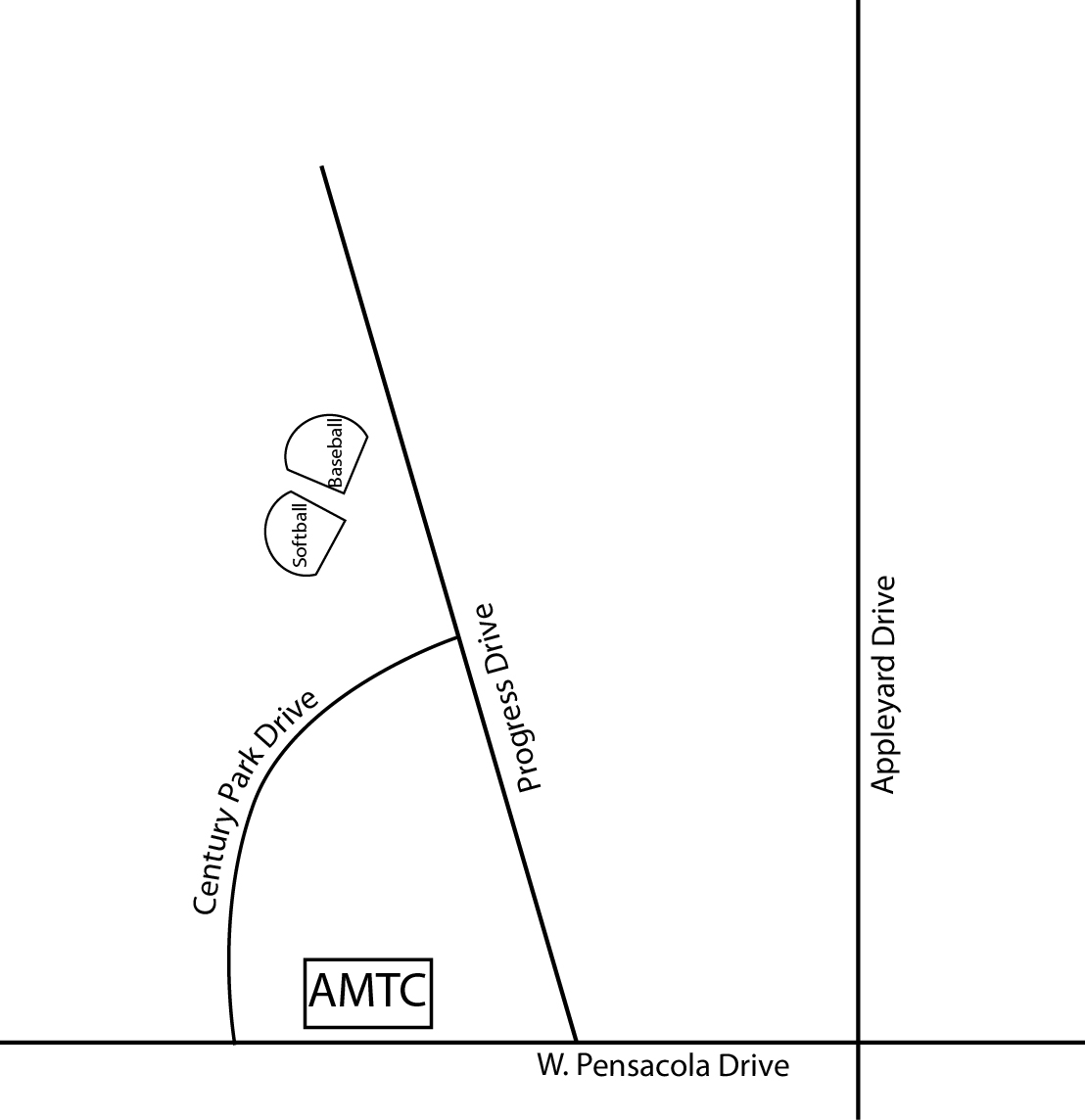
Professional Development
TCC’s Professional Development program meets the strategic and management needs of the business professional. Programs are taught by top industry practitioners. Courses may be taken individually to sharpen working knowledge or as part of a comprehensive certificate program.
Topics include intergenerational communication, frontline supervision, project management, customer service and professional writing skills. Continuing Education Unit (CEU) renewal programs, in areas such as early childhood, are offered throughout the year. Courses for renewal of licenses in real estate and insurance are also available.
University Partners
TCC formed its first university partnership with Flagler College in Fall 2000 and has since partnered with Embry-Riddle Aeronautical University (2001), Barry University (2003), Saint Leo University (2006) and Thomas University (2010). TCC graduates and others can pursue bachelor’s and graduate degrees on TCC’s campus through the programs of its five University Partners. Degree programs are offered in a wide variety of disciplines. The administrative offices of TCC’s University Partners are located in TCC’s University Center, and classes are held on the TCC campus.
Students enrolled in courses with University Partners have access to many of the services available to TCC students. Please contact TCC’s University Partners to find a program that is right for you.
Barry University
Maggie Bowden, Director
(850) 201-8650
(850) 385-2279
Embry-Riddle Aeronautical University
Katrina Alexander, Associate Campus Director
(850) 201-8330
Flagler College
Donald Parks, Dean
(850) 201-8070
Saint Leo University
Matthew Hollern, Director
(850) 201-8655
Thomas University
Bill Milford, Division Chair
(229) 226-1621, Ext. 1123
The Division of Administrative Services, Conferences and Events office, offers state-of-the-art facilities ideal for conferences, seminars, trainings, banquets and trade shows. The main campus location offers a variety of spaces for up to 1,500 participants, including board room, auditorium, banquet hall, athletic and recreational gyms, ballroom, and traditional classroom spaces.
For information, visit: www.tcc.fl.edu/conferences, call (850) 201-6058 or e-mail to Events@tcc.fl.edu.
Campus, Service Centers, Maps/Locations
TCC has one of the most beautiful community college campuses in the nation. Most buildings are constructed in classic brick, which creates a traditional collegiate appearance while projecting a sleek, modern design.
The College’s beauty does not stop at the front door. Interiors are attractive, functional and user-friendly. The campus offers wireless technology and cutting-edge instructional technologies.
Facilities located off the main campus, including the Ghazvini Center for Healthcare Education, the Florida Public Safety Institute and the three service centers, also provide an inviting learning environment for both students and community members. The College’s commitment to the Big Bend region is reflected in its off-campus service centers located throughout the tri-county service district: TCC Capitol Center, The Quincy House and The Wakulla Center.
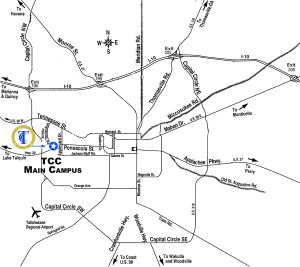
Florida Public Safety Institute
College Drive • Havana, Florida 32333 • (850) 201-7000 • fpsi.tcc.fl.edu
The Florida Public Safety Institute is located in Gadsden County, 14 miles west of the main campus. The Institute, which sits on approximately 1,500 acres, is a unique, world-class learning environment that provides training in realistic contexts conducted by experts from all areas of criminal justice.
The Institute includes the Pat Thomas Law Enforcement Academy (PTLEA), which offers basic recruit courses in law enforcement, corrections and correctional probation. The Academy serves 65 state, regional, county and municipal agencies representing more than 4,000 officers. In addition, PTLEA hosts training for a number of federal agencies, including the Federal Bureau of Investigation, Alcohol Tobacco and Firearms, U. S. Secret Service, Federal Fish and Wildlife Agency and National Guard. The Florida Public Safety Institute also provides training in telecommunications, private security and law enforcement intelligence.
The Institute partners with the Tallahassee Fire Department to operate the Tallahassee Fire Academy, which provides state-approved training to those seeking employment as a firefighter in Florida. The Institute also provides a 330-bed dormitory and a full-service cafeteria that seats more than 500 people.
The Florida Public Safety Institute is expanding its continuing education efforts by attracting more officers to FPSI’s campus for training, exporting training to other areas of the state and nation, and using distance learning to reach new audiences.
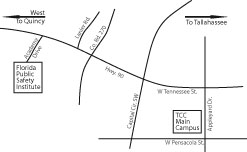
Ghazvini Center for Healthcare Education
1528 Surgeons Drive • Tallahassee, Florida 32308 • (850) 558-4500
The Ghazvini Center for Healthcare Education is located in Tallahassee’s healthcare corridor, near both hospitals and other healthcare providers. The Ghazvini Center is the home of TCC’s sonography, emergency medical services technology, nursing, paramedic, radiologic technology, respiratory care, surgical technology, pharmacy technician and nursing assistant programs. (Dental hygiene and dental assisting programs are offered on the main campus.) The Ghazvini Center offers cutting-edge technology and houses classrooms, conference rooms, a library/learning commons, laboratories, a simulation center and the administrative offices of the Division of Healthcare Professions.
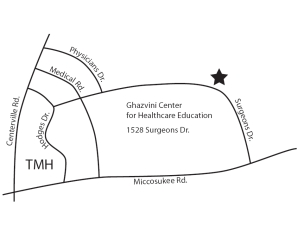
Quincy House
216 North Adams Street • Quincy, Florida 32351 • (850) 558-3620
The Quincy House plays a significant role in community development, with a keen commitment to serving the children, adults and senior citizens of Gadsden County. After-school and summer programs supplement classroom learning and help and encourage students to complete high school and attend college. Adult learners have access to noncredit course offerings, adult education programs, community workshops, computer training and career counseling. The Quincy House also serves Gadsden-based TCC distance-learning students as a proctored testing center and as a site for administration of the Florida Postsecondary Education Readiness Test, thereby increasing access to college for area residents. Event space is also available for public use.
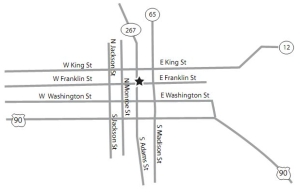
TCC Capitol Center
300 West Pensacola Street • Tallahassee, Florida 32301 • (850) 201-8762
The TCC Capitol Center offers something unmatched by any other meeting or classroom facility in Tallahassee—a location directly across the street from Florida’s state capitol. TCC Capitol Center features state-of-the-art technology and is designed with enough flexibility to host a variety of events. Business suites, meeting rooms, exhibit space and classrooms are sure to meet the needs of any organization. Numerous professional development courses are also offered.
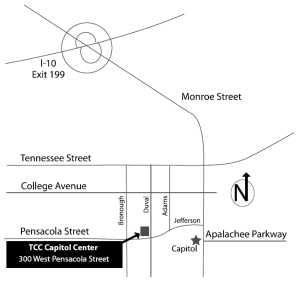
Wakulla Center
2932 Crawfordville Highway • Crawfordville, Florida 32327 • (850) 922-6290
The TCC Wakulla Center offers programs, classes, continuing education courses and events to help community members increase their workforce marketability, job performance and job satisfaction. The Wakulla Center also offers classes for personal enrichment and enjoyment, along with a limited number of college-credit courses. The Center is home to TCC’s Ecotourism Institute and the Green Guide Certification Program.
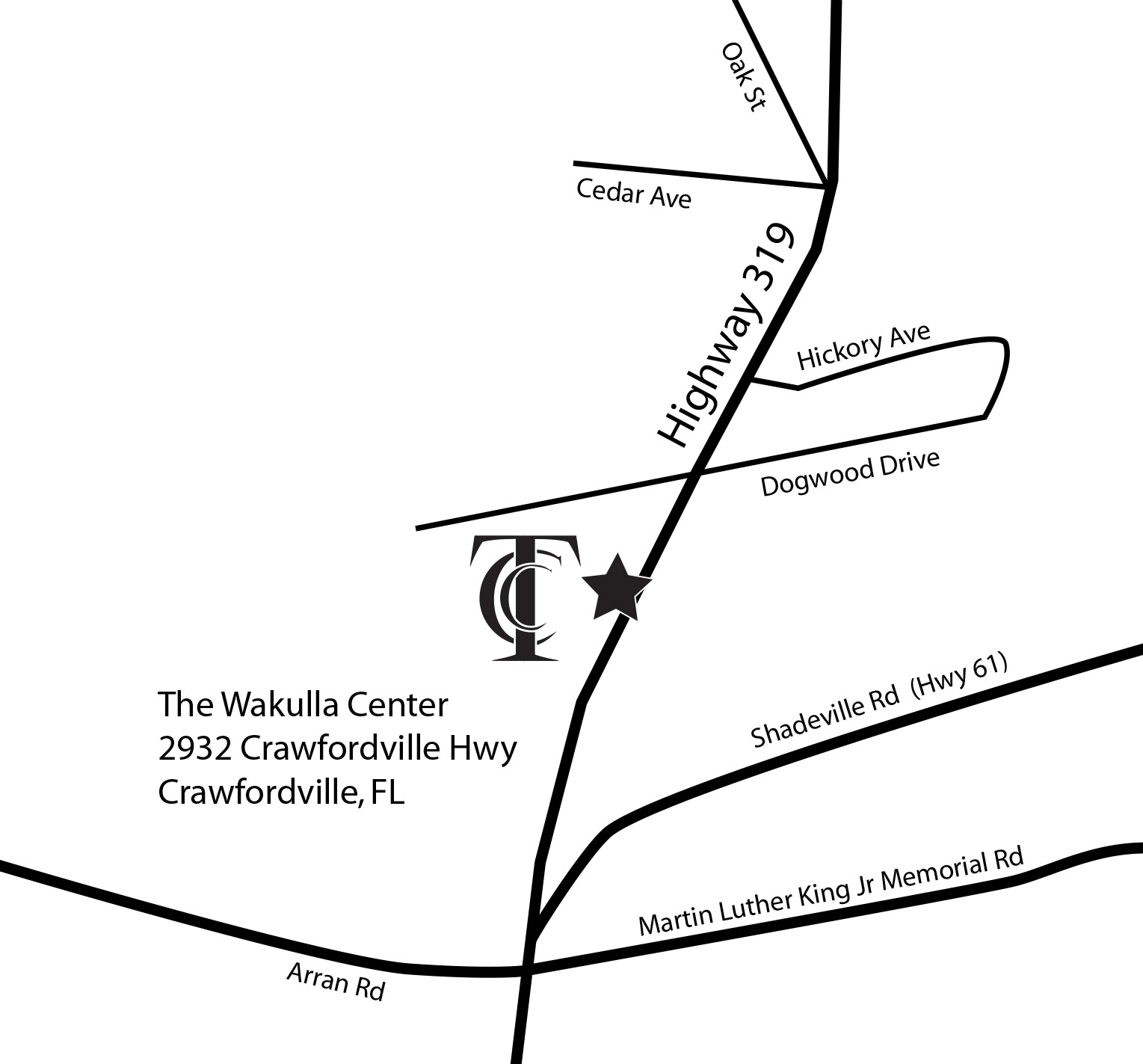
|